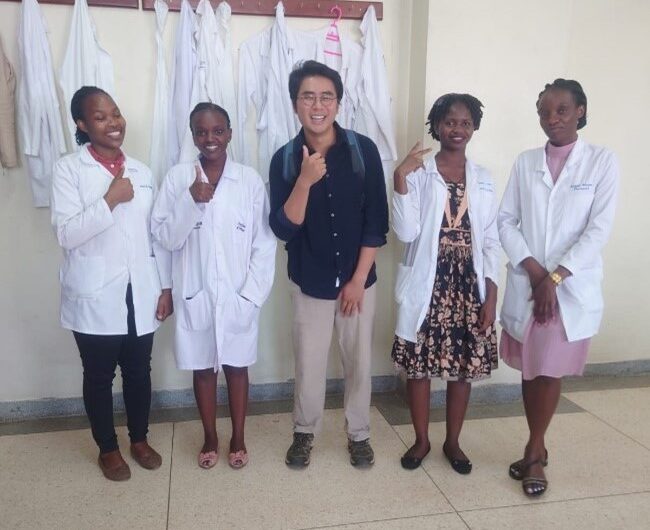Bobby Shum is a rotational pharmacist at Cambridge University Hospitals Trust (CUH) and a firm believer in the vital role pharmacists can play in public health. He recently returned from three months working with the Kampala Cambridge Antimicrobial Stewardship health partnership in Uganda. Here he reflects on the experience, learnings and what he plans to do next.
About the partnership
The partnership is focused on improving maternal and neonatal health and reducing maternal mortality, which in Uganda is four times the target global rate. Strengthening antimicrobial stewardship (AMS) and infection prevention control (IPC) practices are a vital component of this. Together with his fellow long-term volunteer, microbiologist Stuart Drazich Taylor, Bobby’s focus was on:
- strengthening clinical, laboratory and diagnostic capability to increase understanding of resistance and
- improving prescribing practices to enable responsive management of maternal and neonatal patients in Kampala.
Using a hub and spoke model, with Mulago Hospital as the hub or main centre, and the smaller regional healthcare facilities as the spokes, the partnership aims to make Mulago a centre of AMS excellence from which training and best practice can be shared with the spokes.
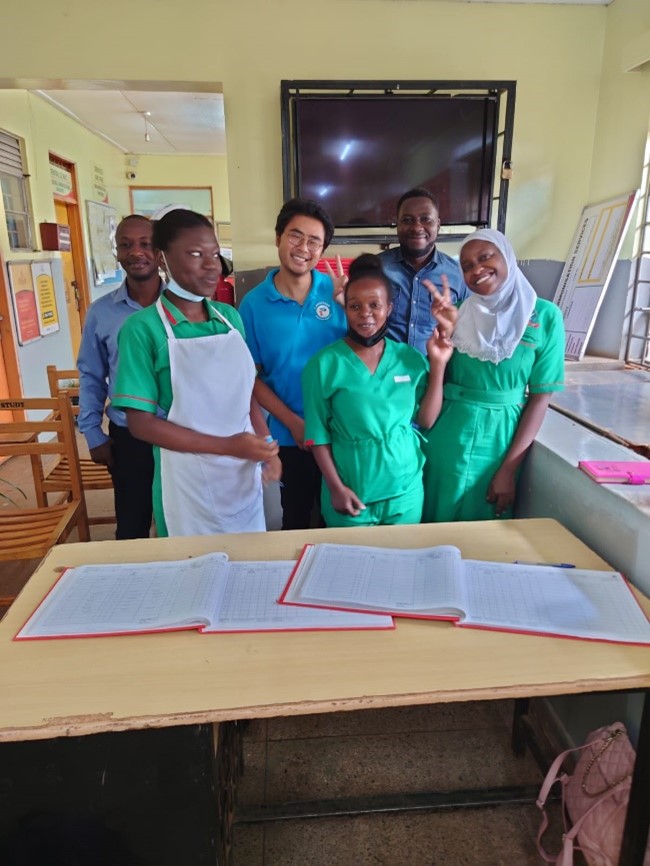
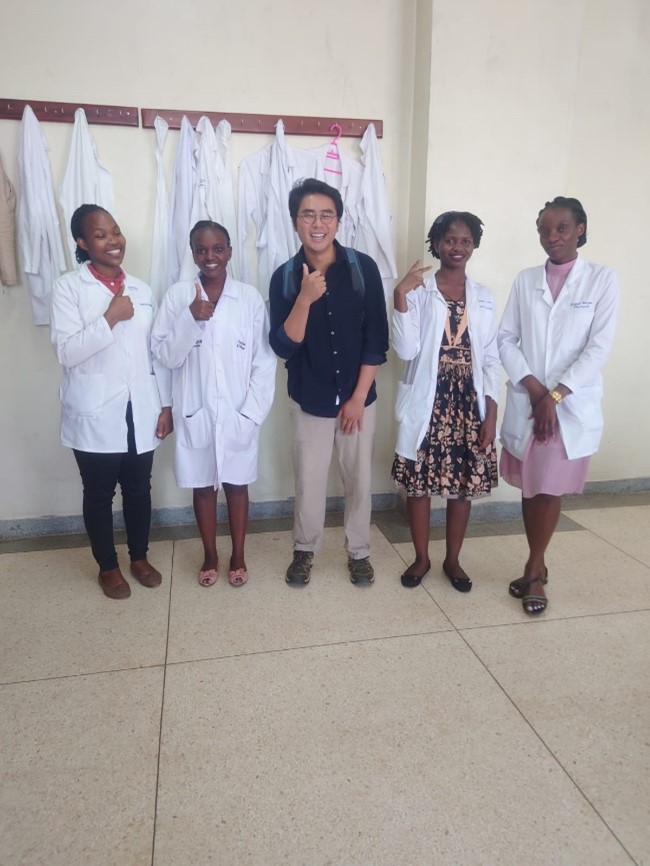
The impact of Bobby’s clinical pharmacy expertise
During the three months, Bobby established new links with National Medicine Supplies to help provide timely local support to health facilities regarding medication use; trained pharmacy staff and pharmacy interns on antimicrobial stewardship, and together with Stuart conducted a Global Point Prevalence Survey for antimicrobial use surveillance. He also developed a medication administration chart to improve medication safety and the drug use process.
Reciprocal learning is a vital part of health partnerships, and Bobby spent time educating local pharmacists about clinical pharmacy and empowering pharmacy staff to be more proactive in improving patient care.
Global health work is fascinating for those who would like to try to step out of clinical practice and develop plans to impact life from a different angle.
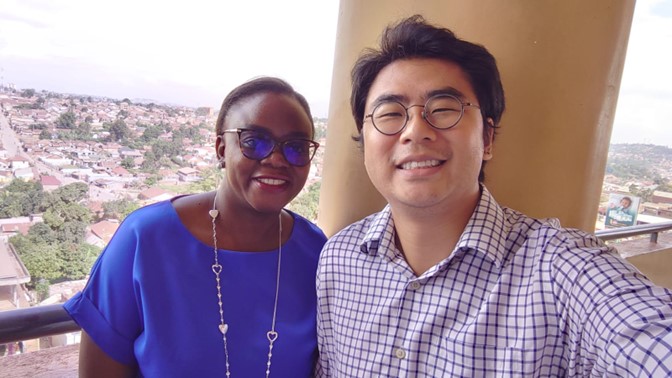
Learning from and overcoming challenges
Building relationship with local partners to fully understand the situation, the local needs and how to involve new local parties took time and patience. Learning how best to communicate, to avoid miscommunication and misunderstanding, also took time.
“I have learnt how to establish professional relationships with new working partners”, explains Bobby. “I have also learnt how to communicate with people from different backgrounds and understand their motivation. And I have learnt how to identify people with potential and nurture them as local champions.”
“The rewarding part is that people are very receptive to your input and appreciate the time and effort you have put in to help them make changes,” explains Bobby. “I have learnt to be more proactive and resilient in pursuing things I believe to be the right things to do,” he adds.
The experience also taught Bobby to think on his feet. He managed to avoid a training session arranged at short notice from being cancelled again by getting local leadership involved to ensure there were local champions available to deliver it. This was a valuable exercise in learning how to coordinate a project at short notice and motivate fellow colleagues despite the limitations.
The experience has reinforced Bobby’s interest in appropriate antimicrobial use in the context of global health and research and made him consider a career in this direction. “Pharmacists can contribute to public health by working with other healthcare professionals and empowering our counterparts from the rest of the world to achieve higher and more,” he explains.
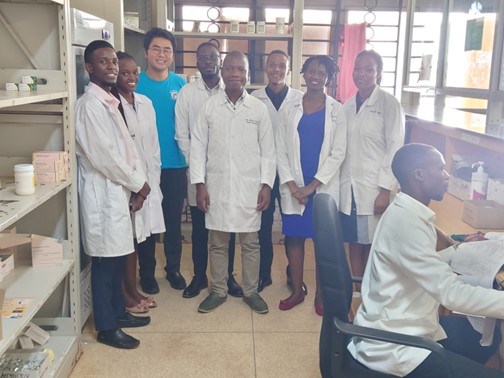
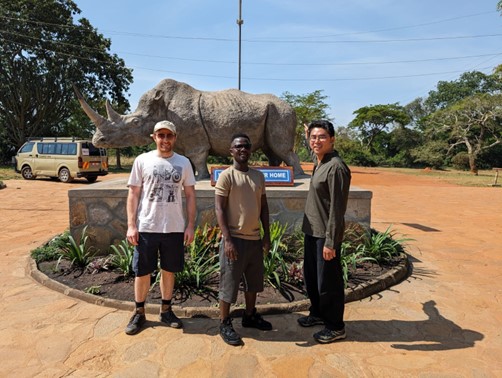
Find out more about the Kampala Cambridge Antimicrobial Stewardship health partnership, how you can become a member, or contact us at info@cghp.org.uk
Return to blogs

